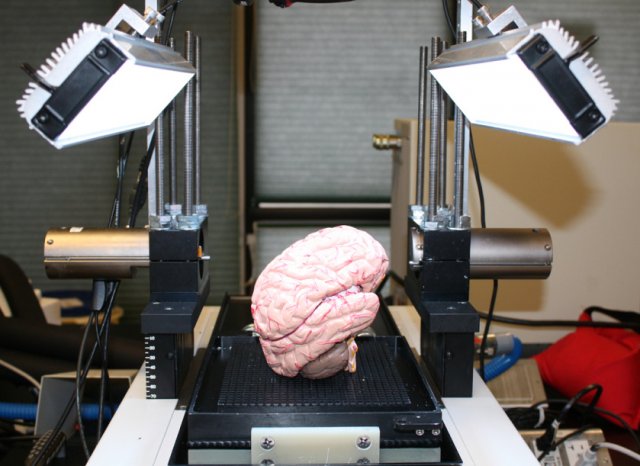As in some science fiction movie the possibility of computers taking over everything themselves someday seems more plausible than ever. Scientists have created a circuit board modeled on the human brain. Faster, more energy efficient microchips which are based on the human brain have been developed by scientists at Stanford University. This presents use with a new way of understanding the brain.
The new circuit board modeled on the human brain may open up new frontiers in robotics and computing reports Stanford University. Although they have become very sophisticated, computers have paled in comparison to the brain. Computers have been running much slower than the brain and have been taking up to 40,000 times more power to run. Kwabena Boahen, associate professor of bioengineering at Stanford, says that from a pure energy perspective the brain has been hard to match.
Neurogrid has been developed by Boahen and his team. This is a circuit board which consists of 16 custom designed “Neurocore” chips. Taken all together these 16 chips can actually simulate 1 million neurons and billions of synaptic connections. The team designed these chips with an interest in power efficiency. Their idea was to share hardware circuits. What they came up with was Neurogrid. The high speed and low power characteristics of Neurogrid make it ideal for more than just modeling the human brain. This research team is working on developing prosthetic limbs for paralyzed people which would be controlled by a Neurocore like chip.
In a paper published by Proceedings of IEEE the researchers describe the design of Neurogrid. This is a neuromorphic system made for simulating large scale neural models in real time. Neuromorphic systems emulate the structure of biological neural systems in order to realize the function of biological neural systems. Neurogride simulates a million neurons with billions of synaptic connections in real time using 16 Neurocores which are integrated on a board that consumes just three watts. This kind of exciting development is actually blurring the lines between science fiction writing and real science reporting.








